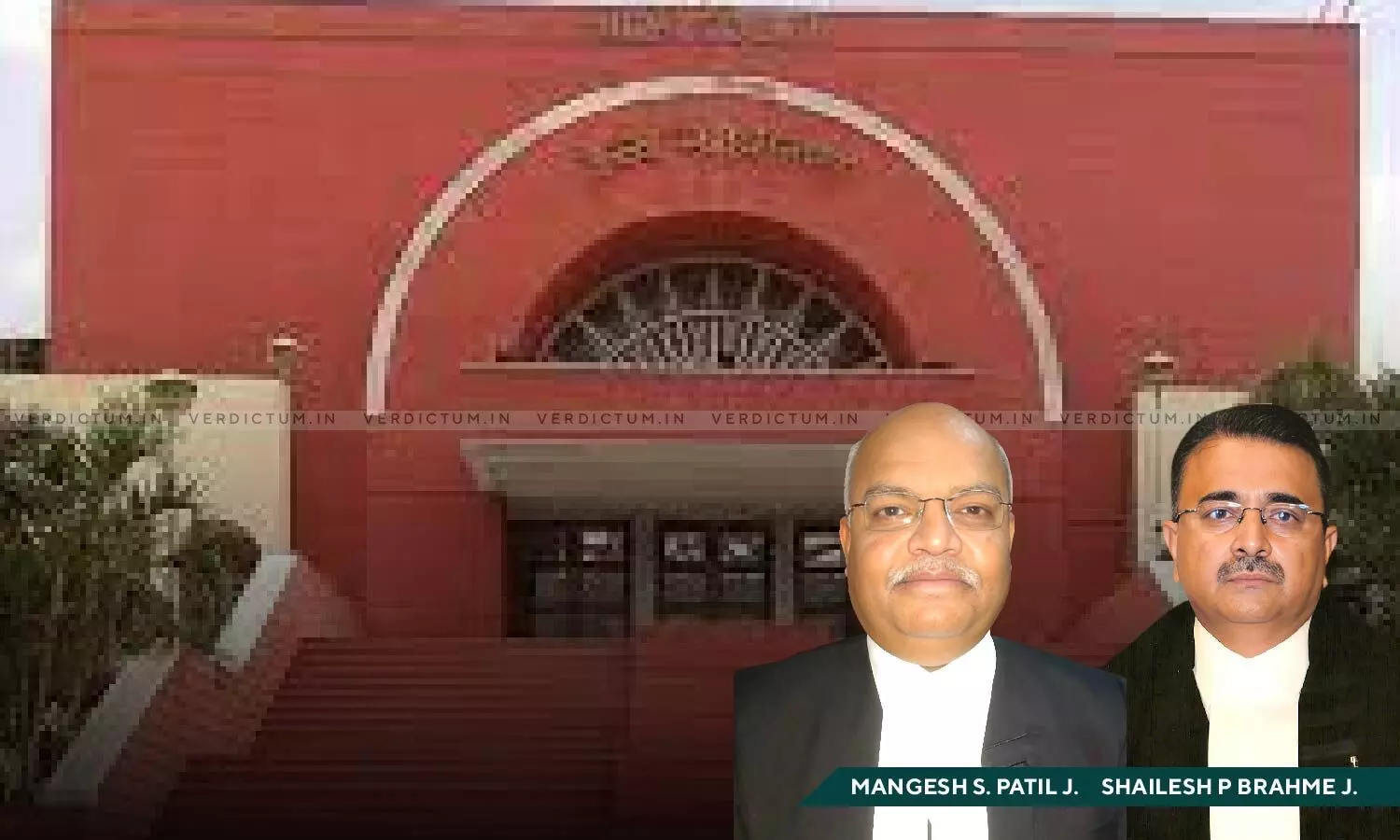
Cannot Sit In Judgment Over Wisdom & Effectiveness Of Policy Adopted: Bombay HC Upholds Govt's Power In Formulating Scholarship Policy
 |
|The Bombay High Court upheld the government's authority to formulate and implement the scholarship policy and found the challenged clauses to be reasonable, ultimately dismissing the petition which was filed challenging the validity of certain clauses in the brochure and guidelines of the Central School National Means cum Merit Scholarship Scheme. The petitioner, a recognized unaided private school, was seeking a declaration that students from unaided private schools should be eligible to appear for the National Means cum Merit Scholarship examination.
A Division Bench of Justice Mangesh S. Patil and Justice Shailesh P. Brahme held that, “We are of the considered view that we cannot substitute our views for that of the respondent No. 1 as to which policy would best serve the object and purpose of the scheme and cannot sit in judgment over the wisdom and effectiveness or otherwise of the policy adopted by the respondent No. 1 and declare it as ultra virus merely on the ground that the impugned clauses will not serve the object and purpose of the act.”
The scholarship scheme was issued with the objective of providing scholarships to meritorious students from economically weaker sections to prevent them from dropping out of education after Class VIII.
Advocate Santosh S. Jadhavar appeared for the Petitioner and Advocate Bhushan Kulkarni appeared for respondent 1, Advocate A.S. Shinde appeared for respondent 2 and Advocate Anup P. Nikam appeared for the respondent 3.
The petitioner argued that the clauses in question, specifically Note I of clause 3(d) of the brochure and clause 1.2 of the guidelines, were arbitrary and unreasonable. These clauses exclude students from unaided private schools from participating in the scholarship examination, even if they come from economically weaker backgrounds. The petitioner contended that this exclusion is unjust and irrational.
The government, represented by respondents No. 1 and No. 3, justified the exclusion of students from unaided private schools by stating that the scholarship scheme aims to benefit students from government, government-aided, and local body schools. They argued that if private school students were allowed to compete, it would reduce the percentage of eligible students from these types of schools.
The issue before the Court was whether the exclusion of students from unaided private schools from the National Means cum Merit Scholarship examination was reasonable and lawful or if it unfairly denies deserving students from economically weaker backgrounds access to this scholarship.
The Court recognized the government's authority to formulate and implement policies, including those with financial implications. The Court noted that the government had classified students from different types of schools into eligible and ineligible categories for the scholarship. The Court found this classification reasonable relying on Budhan Choudhary Vs. State of Bihar, AIR 1955 S.C. 191 where two conditions were laid down by the Constitution Bench for examining the policy on the touchstone of permissible classification. “The respondents are the best persons to decide and determine how to spend and where to spend its corpus. The Court of law cannot insist the respondent No. 1 to formulate policy involving financial liability in a particular manner.” the Court added.
The Court emphasized that it cannot substitute its judgment for the governments in policy matters unless the policy was illegal or unconstitutional. The Court noted that judicial review in such matters was limited and can only occur if a policy is against the law or is manifestly arbitrary, capricious, or mala fide. The Court said, “While examining the validity of policy of government we have limited scope. High Court cannot substitute the policy decision of the government. Neither can we suggest what is best suitable to the situation. It has to be left to the wisdom of the respondent No. 1. In the absence of any violation of the statutory provision or arbitrariness, the High Court has very little role to monitor the policies of the Government.”
The Court relied on Maharashtra State Board of Secondary and Higher Secondary Education and another Vs. Paritosh Bhupeshkumar Sheth and others and held that, “The principles which are laid in the judgment, are equally applicable for the policies of the Government. We have no hesitation to hold that the classification which is appearing in the present petition is reasonable and does not suffer vice of arbitrariness interalia not violative of article 226 of the Constitution of India.”
The Court expressed sympathy for the petitioner's cause but stated that it is the government's prerogative to make policy decisions. The Court said, “We are not oblivious of the fact that in private schools there are students of the parents having low income and they need financial assistance and inspiration to prosecute further education. However, it is for the Government to take a decision.”
The Court concluded that the challenged clauses in the scholarship scheme cannot be disturbed through a writ jurisdiction under Article 226 of the Constitution of India. As a result, the Court dismissed the writ petition.
Cause Title: Sri Sri Ravishankar Vidya Mandir v. Government of India & Ors., [2023:BHC-AUG:19497-DB]
Click here to read/download Judgment